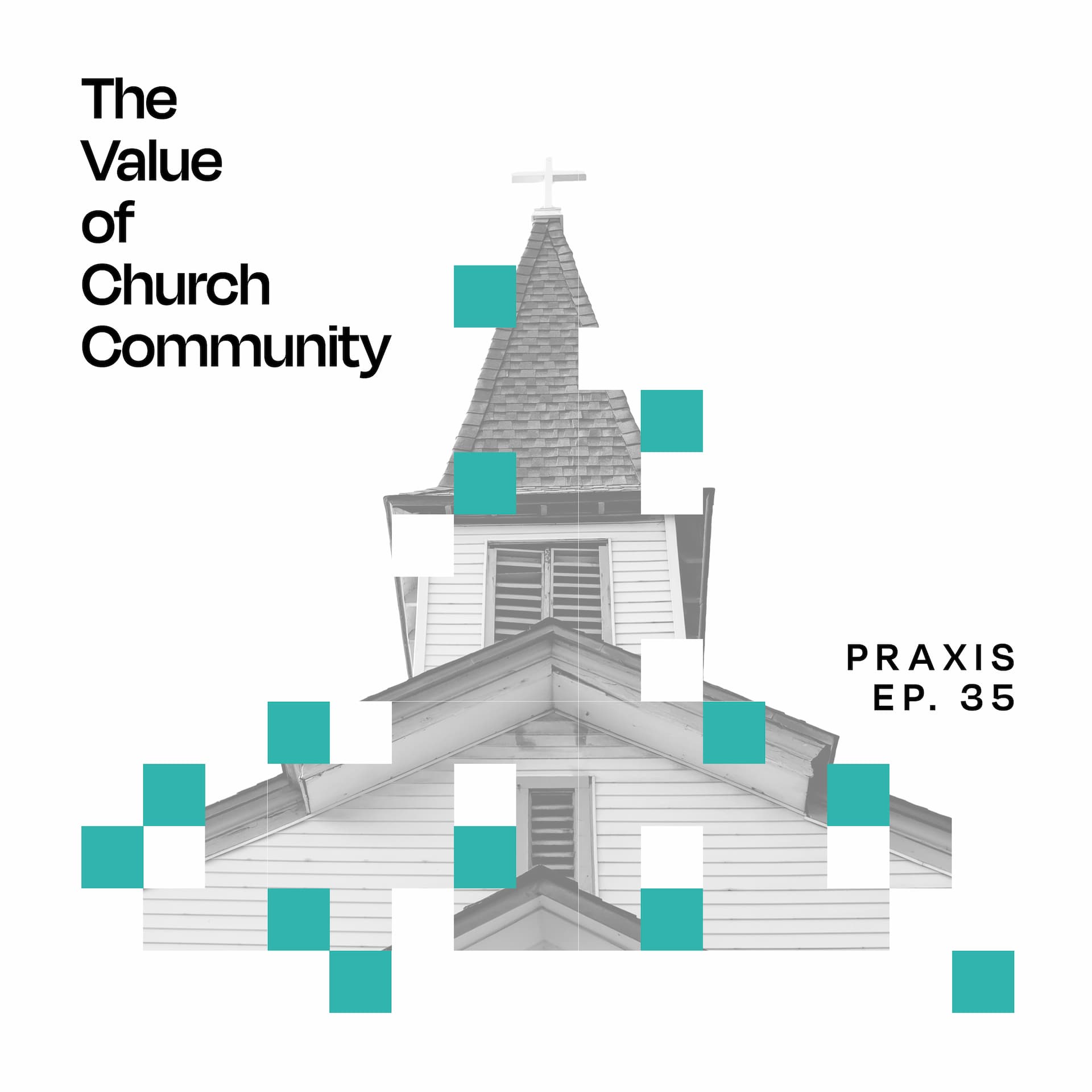
What if the quiet exodus from American churches is reshaping the very fabric of our communities? Join us on Praxis as we explore the Great Dechurching, where over 40 million adults have stepped away from church attendance in the last quarter-century. This significant shift raises questions about what individuals miss by leaving church life and how it impacts their spiritual and communal experiences.
Church communities offer unique spiritual and communal fulfillment, inspired by the early church model in Acts 2. We address the vital role these communities play in fostering generosity, support, and a shared sense of purpose. By engaging with diverse groups of people, churches provide a nurturing environment that challenges and enriches personal growth. Personal stories illustrate how intergenerational relationships within these communities contribute to spiritual development, highlighting the importance of engaging with others to refine character and deepen faith.
We delve into the transformative power of communities centered around Jesus' teachings, offering support and guidance in maintaining Christ-like values. This episode invites listeners to reflect on their faith journeys, emphasizing the profound impact of communal connections in navigating life's challenges.